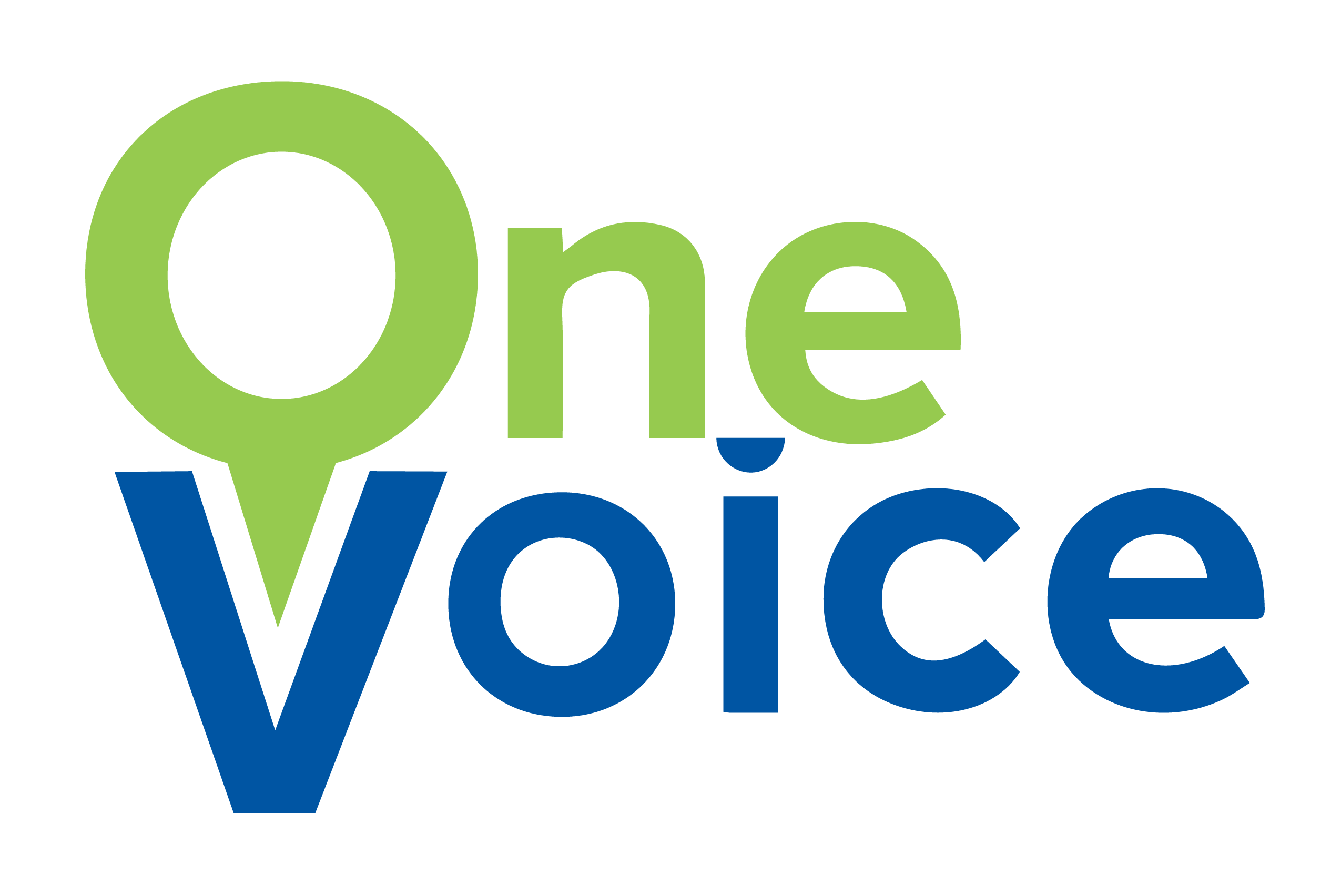Statement: Eliminating Individual Income Tax is Bad for Mississippi
January 12, 2022 Jackson, MS – The latest tax proposal being advanced by the Mississippi legislature is like putting lipstick on a pig. No matter how you dress it up ― or down ― eliminating the income tax is bad for Mississippi, especially the state’s working families, communities of color, and retirees.
On Tuesday, House Bill 531, a bill to create the Mississippi Tax Freedom Act of 2022, passed out of the House Ways and Means Committee. This bill would:
• Eliminate the state individual income tax;
• Increase the state’s general sales tax rate to 8.5% from 7%;
• Reduce the state’s sales tax on groceries to 4% from 7%; and
• Reduce the tax on car tags by 35%.
Here’s why this proposal is still bad for Mississippi:
• The proposal would still harm working families: While this year’s bill excludes the sales tax increases in last year’s bill that were largely opposed by farmers, manufacturers, and other special interests, lower-and middle- income working families in the state will still be left to shoulder an even greater burden of replacing lost revenue from the tax cut with increased sales taxes on everyday items. These families already pay, on average, a larger share of their income in sales and property taxes than wealthier households.
• The proposal would still harm communities of color: By placing more of the tax load on low- and middle-income families, the proposal would do the same to communities of color, since a disproportionate share of Mississippi taxpayers in lower-income brackets are Black and Brown.
• The proposal would still harm retirees and older people: Retirees currently pay little to no personal income tax and will not benefit from the tax’s elimination – but they will have to pay more in sales taxes.
• The proposal would still help wealthy, mostly white, households: Some lawmakers contend that this bill creates a more “equitable” tax system. But eliminating the income tax while increasing the sales tax still provides a major benefit for the state’s wealthiest, primarily white taxpayers. A further tax shift from the state’s wealthiest income earners to the state’s lower-and-middle income earners only contributes to existing wealth, race, and gender inequities in the state.
• Grocery tax and car tag tax reductions are welcomed but don’t fix the bill’s problems: While the bill includes a proposal to reduce the state’s grocery tax and the car tag tax, neither is enough to prevent the burden of funding state investments onto the backs of low-income taxpayers, people of color, older adults, and local communities.
• Revenue loss is still likely to be large, but lawmakers are moving forward without an estimate: The income tax currently generates approximately $2 billion in revenue a year, and yet again, the proposal passed the House Ways and Means Committee without a fiscal note. The proposal is likely to cost the state revenue, which would lead to cuts in public services that Mississippi’s economy, communities, and working families can ill afford.
While some lawmakers are suggesting that Mississippi’s revenue system is sound enough to support this tax cut, due to the current surplus, this couldn’t be further from the truth. The state’s surplus is not enough to support much-needed investments in the public services that Mississippians want, like quality schools, affordable healthcare, solid infrastructure, safe neighborhoods, and affordable housing ― nor is it enough to support yet another tax cut that largely benefits the state’s wealthiest.
To the extent that state lawmakers want to reform the tax code, they should consider the following more equitable, revenue-raising tax policies:
• Taxing wealth to ensure that the state’s wealthiest individuals pay what they owe;• Strengthening, not eliminating, the state income tax;
• Reinstating the corporate tax and estate tax;
• Expanding the sales tax base to include internet businesses and travel companies; and
• Implementing tax credits, including the creation of a refundable state earned income tax credit and child tax credit.
One Voice will continue to analyze the bill’s implications for the state’s working families. Visit our website and follow us on Facebook, Instagram, and Twitter for additional analysis on this and other matters.

Leave a Reply